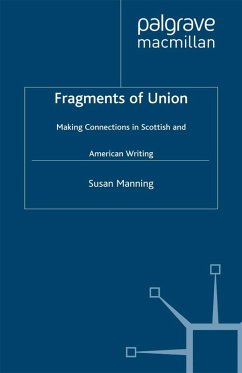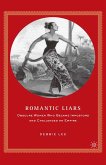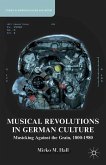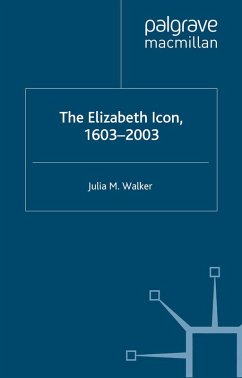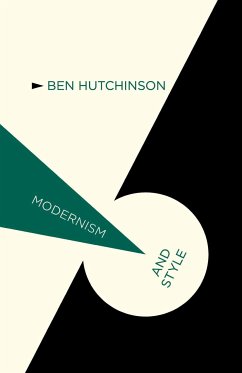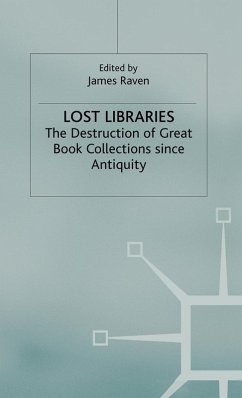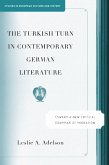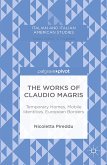Dieser Download kann aus rechtlichen Gründen nur mit Rechnungsadresse in A, B, BG, CY, CZ, D, DK, EW, E, FIN, F, GR, HR, H, IRL, I, LT, L, LR, M, NL, PL, P, R, S, SLO, SK ausgeliefert werden.
'In a short review it is impossible to impart a sense of the breadth of Manning's study. Suffice it to say that her marvellous close readings range widely. Fragments of Union is a work that leads, rather than covers, its field.' - Robert Miles, Studies in Hogg and his World
'This book is elegantly written, intellectually rigorous and full of nuance as it accomplishes the difficult task of dealing with comparative national literary identity in a thoroughly contemporary voice...The Scottish Enlightenment emerges refreshingly free of the customary literary critical condemnation as conservative and Anglocentric, and is instead seen as finely nuanced and busily engaged with the imagination...Transcultural trails are brilliantly pioneered in this book...In the matter of comparative American- Scottish literary relations [she] has set a new benchmark...' - Gerard Carrthers, Eighteenth- Century Scotland
'Manning cleverly selects a rich seam of texts...Fragments of Union reads as a historical text linked by the writings that record events which shaped the modern image of Scotland and America. Manning displays a supreme understanding of literature, language and politics, and through the emphasis on fragments, she suggests that, even in matters of the greatest moment, it's the little things that count.' - Will Napier, The Herald
'This book is elegantly written, intellectually rigorous and full of nuance...' - Geradrd Carrthers, Eighteenth-Century Scotland

